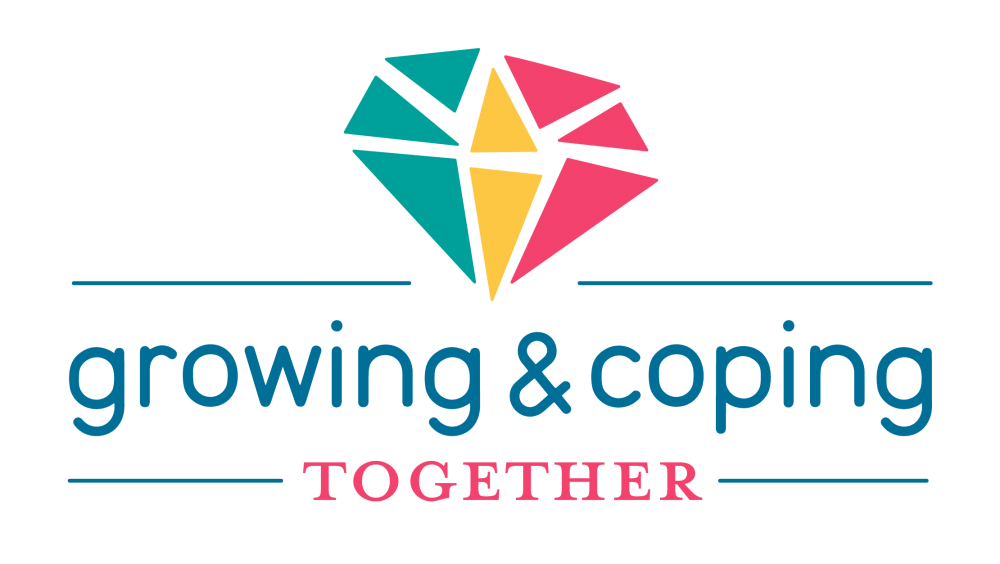Arkansas Leads the Nation in Incarceration Rates & Number of Children Affected
“Arkansas’ Incarceration Rate Was The Highest In The Nation in 2016” – The Council of State Government Justice Center
“Nationally, the number of kids who have had a parent in jail or prison at some point in their childhood hovers around
5.1 million, a conservative estimate” – Annie E. Casey Foundation, 2016
“Arkansas surpasses all other states with 16% of children in the state, a total of 109,000 children.” – Annie E. Casey Foundation, 2016
Increased Mental Health Issues
“The trauma of being separated from a parent, along with a lack of sympathy or support from others, can increase children’s mental health issues, such as depression and anxiety, and hamper educational achievement.” – The Sills Family Foundation, 2010
Increased School Drop Out Rates
- It is more common for children of incarcerated parents to drop out of school than it is for children of non-incarcerated parents, controlling for race, IQ, home quality, poverty status, and mother’s education.
- This is especially true for adolescent boys between the ages of 11 and 14 with a mother behind bars.
- Such boys are 25% more likely to drop out of school, and they are 55% more likely to drop out of school because they themselves have been incarcerated.
Behavioral/Emotional Disturbance
- Children of incarcerated parents are more likely to engage in behavior that exposes them to the criminal justice system.
- For example, they are 43 percent more likely than socially and demographically similar children of non-incarcerated parents to use marijuana.
- They are 10 percent more likely to turn to delinquency than children without incarcerated parents.
- And finally, children of incarcerated parents are at greater risk of themselves being imprisoned (with the risk of incarceration being greatest for children of incarcerated mothers).
Added Responsibility for Remaining Caregivers
“A recent survey found that 65 percent of families with a member in prison or jail could not meet basic needs. Thousands of dollars in court-related fines and fees, along with costly visits to maintain contact, landed nearly one-third in debt.” – Center for Human Rights, 2015
Less School Involvement from Parents
“People who have been involved in the criminal justice system purposely avoid later engagement with surveilling institutions.” – Sarah Brayne, Sociologist on “System Avoidance”
